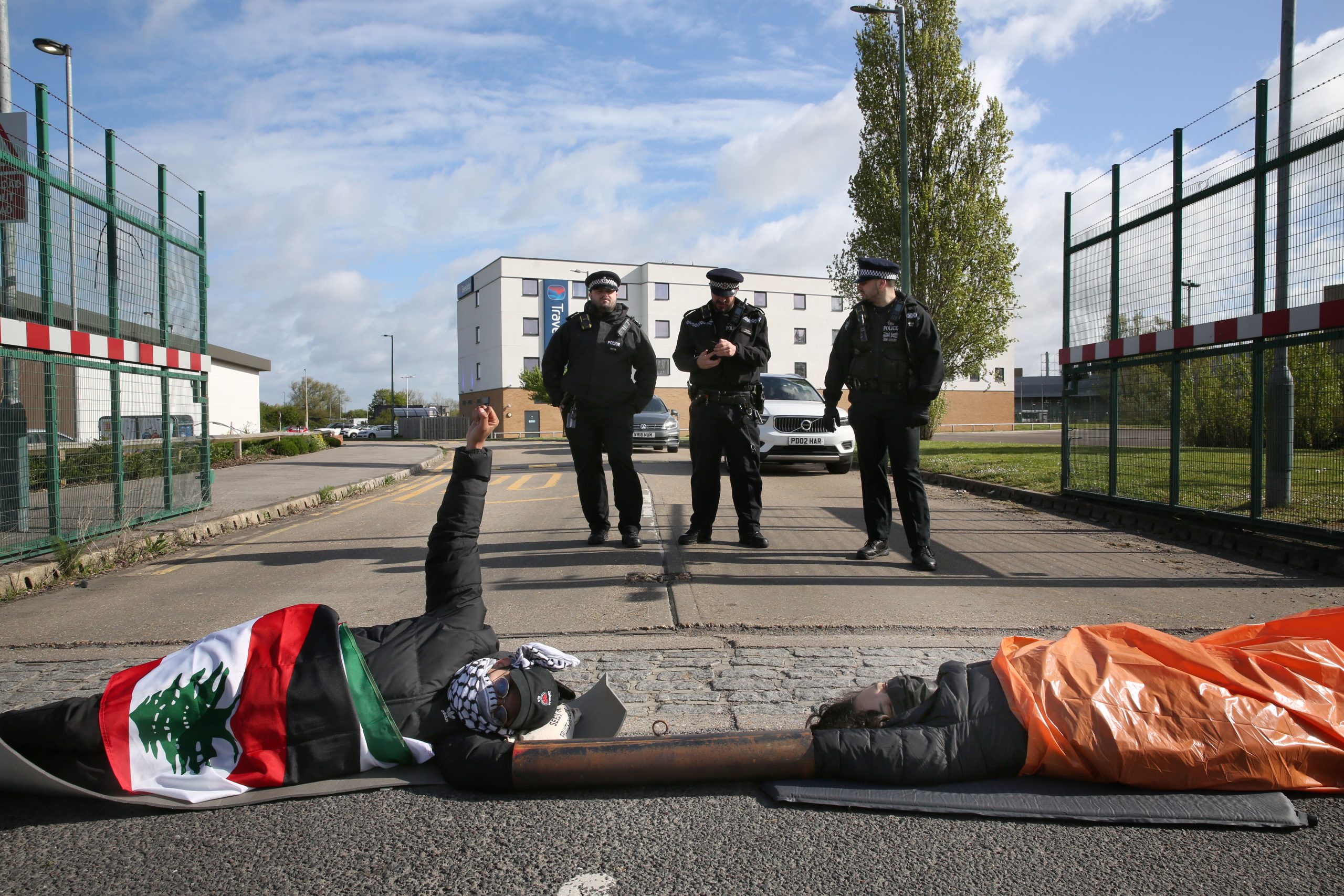Jack Saundrs looks over some recent additions to Freedom’s extensive digital archive, which draws together unique scans and mirrored works to create a sizeable library of the paper’s historic works. The 1974 papers set was first scanned by the excellent Sparrows’ Nest.
Between 1970 and 1974 Britain experienced a peak in worker militancy. There were big strikes by coal miners, dockers, railworkers, posties, NHS staff and many more. There were hundreds of factory occupations, including a nine-month “work-in” at Upper Clyde Shipbuilders. Tory Prime Minister Ted Heath’s best laid plans were wrecked time and again by solid industrial action.
Much of this came to head in the winter of 1973-74. The National Union of Mineworkers demanded a big pay rise to offset the rising cost of living. The government attempted to resist them, first by rationing electricity to save coal. The famous three-day week order came into effect on December 31st 1973, restricting commercial electricity use to three consecutive days in seven. The miners went on strike a month later on February 5th.
So perturbed were the Tories by this show of working-class defiance, they decided to pitch “the public” against the workers, calling a general election around the theme of “Who Governs Britain?” (him or the unions). He lost, so it turned out, not him!
The years of the Heath administration tell us quite a lot about power. They really show you just how difficult it is for a government, however aggressive, to resist a well-organised workers’ movement, prepared to engage in mass direct action. It demonstrates the power workers have to derail laws and plans, and even to force governments into collapsing. The rubbish Labour government that followed these historic defeats should tell us a lot about the need to be ambitious about what we do with that power!

Freedom newspaper, for its part, recognised the significance of the workers’ ability to “cut off the power”. The front cover for January 5th 1974 (Volume 35/1) rather smartly thinks about the multiple meanings of “power”, as a cheery looking fella bulldozes the ruling class under the caption “ANARCHISTS DEMAND POWER CUTS”. The inside content does convey a bit of Freedom’s waning connections with the labour movement by the mid-1970s, with nothing more on the class struggle going on around them. However, commentary picked up a bit when the strike started and the Tories called their snap election.
VOTING CHANGES NOTHING (T.P., 16 February 1974, p1), Freedom’s front page declared on February 16th, concluding that “The best answer to the government’s election ‘threat’ is not to vote ‘critically’ (!) for Labour, but rather to boycott the election and vote with our feet by occupying our workplaces as a first step to their expropriation by the people. VOTING CHANGES NOTHING – OCCUPY!”
The editors revised that opinion a little while later, clearly relieved that Heath’s bid for mass support for “firm government” had failed, declaring on March 9th, “THE MINERS WIN THE ELECTION.” (P.T., 9 March 1974, p.1/2) A win that came with caveats:
“Industrial action had done just what Mr. Heath was accusing the miners of. However, all it has achieved is a change of masters, but this same industrial strength could be used to bring about the complete overthrow of the present system of wage slavery. Such action could overthrow the State and abolish government. Instead of daily exploitation at work, workers could take control of their industries and run them for the benefit of the whole community. If enough workers desire such a society they will organise and work for it. It is our task as anarchists to put it to them.”
Time to fire up the bulldozer!








